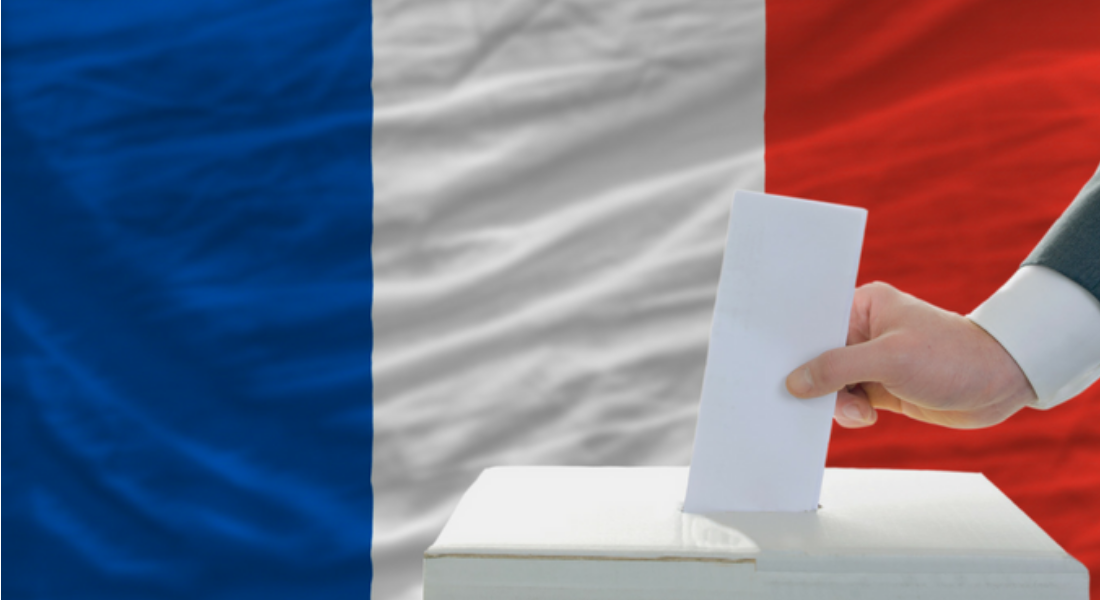On Sunday, May 7, we will know who is to be the next president of France; Emmanuel Macron or Marine Le Pen. As a European PR agency, we are watching intently. Having already suffered the surprise of the UK referendum vote last summer, the possibility of a ‘Frexit’ if Marine le Pen is elected is a source of some alarm to us.
The view from the UK appears to be fairly straightforward; the election of le Pen would signify a continuation of the populist trend exemplified by our own Brexit vote and by the election of Donald Trump as US president. A Macron win has largely been interpreted to be good news for international business, although a recent column in the Financial Times suggested that it might give such a boost to Paris that talent will flood there from London, leaving our own capital sad and abandoned.
We know from experience that views can be very different from the other side of the channel, so I had a chat with Antoine Billon, the managing director of our Paris office, to see what they are thinking over there.
Antoine’s first comment reflected our own feelings from here in the UK. He sees the election as “passionant et preoccupant” – fascinating but scary, to translate imprecisely. He pointed out that the overall message of the election has been a rejection of the major parties, and that while M. Macron is still tipped to win, the majority of voters will be supporting him as a preventative measure against Marine Le Pen rather than through any real enthusiasm for his policies.
When it comes to the immediate effect on business – both for our own and that of our clients – Antoine didn’t see the difference being as significant as we might have expected. Nor does he believe that the other fiscal policies of the two candidates would have a major effect either. Both Marine Le Pen and Emmanuel Macron do have a focus on small businesses though and say they will lower the taxes on SMBs. So our own company could potentially be better off – in the short term, regardless of the winner. Although in the long term, withdrawing from the Euro and the EU would almost certainly have serious consequences.
Overall, it appears that France is divided along lines that are not dissimilar to those we saw in the UK referendum in 2016. Paris, like London and Manchester, is pro-Europe and largely moderate. It is in the countryside – which in France’s case forms a clear-cut division from north-west to south-east – that the anti-Europe votes have been cast.
We are saddened by the growing cracks in Europe’s infrastructure and will continue to work as closely as possible with our colleagues in France and Germany. We hope for en marche over chez nous but for us and for businesses like ours, in the end comes down to rolling up our sleeves, whatever the outcome, and getting on with it.
Share this:





